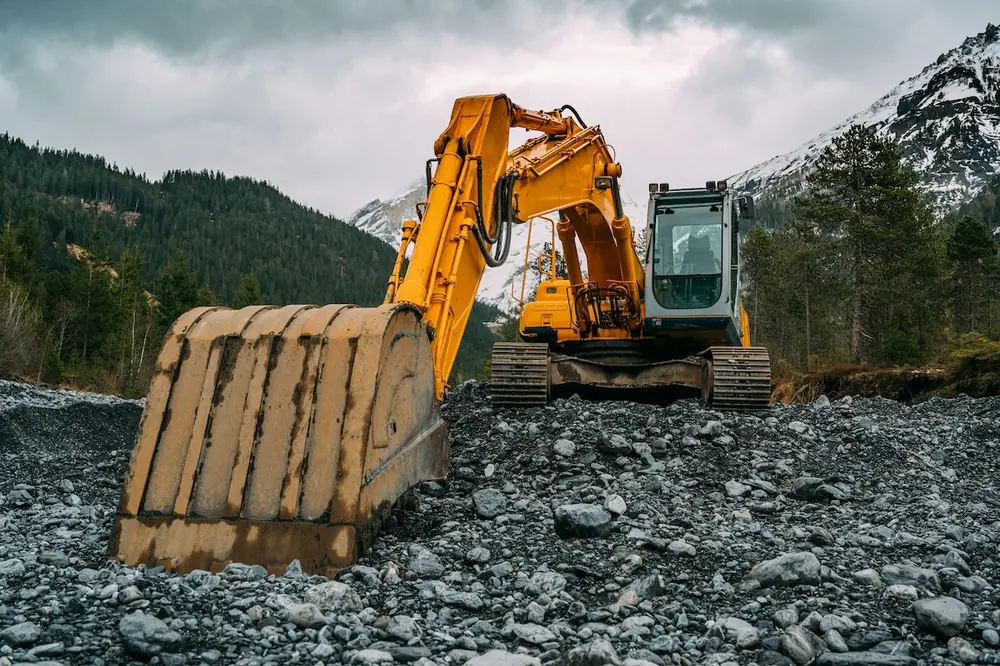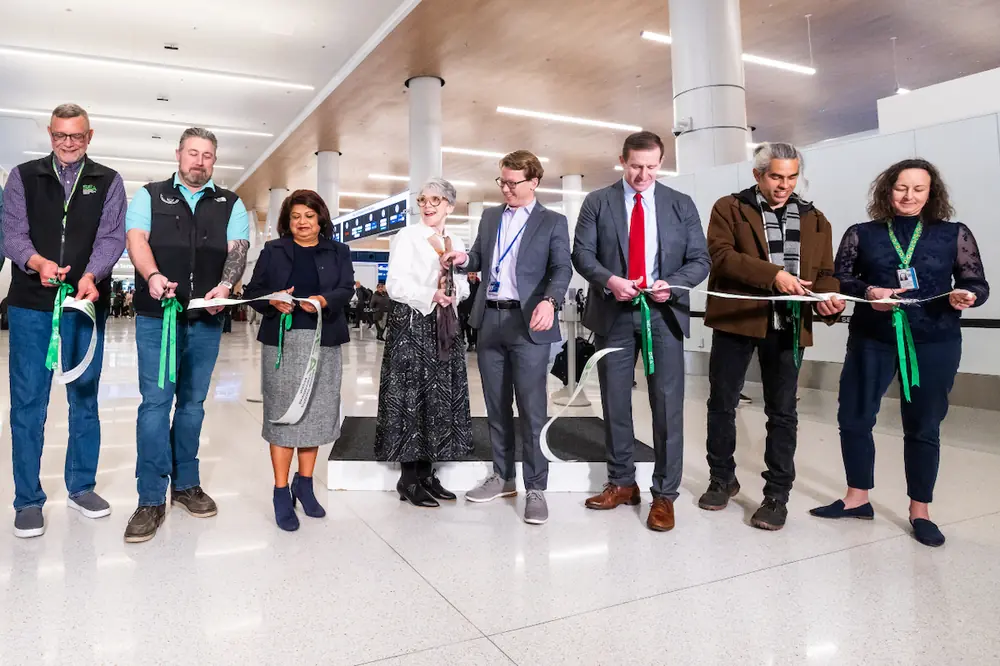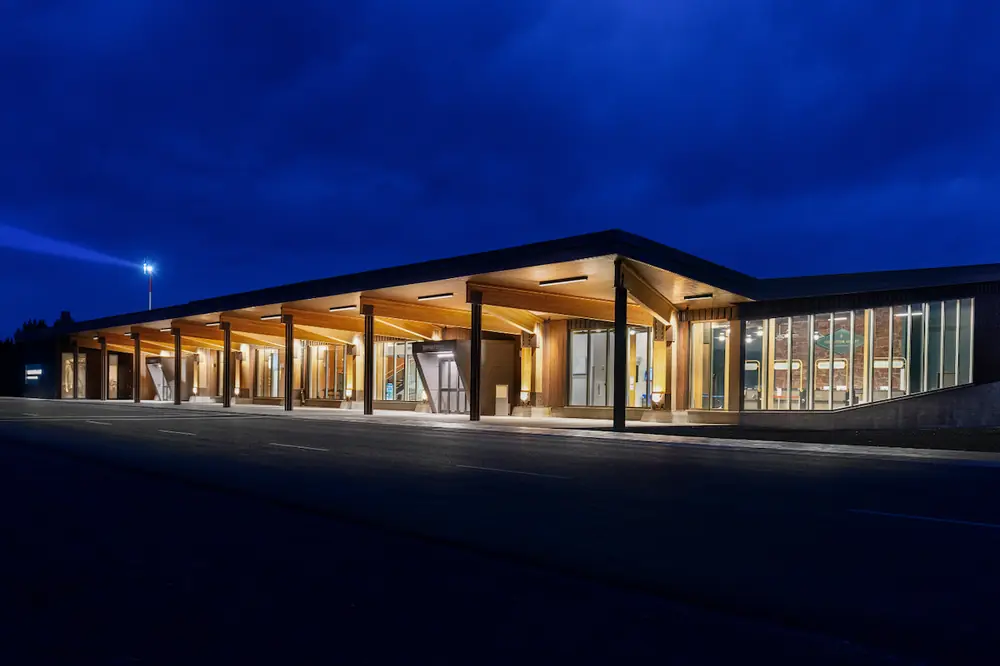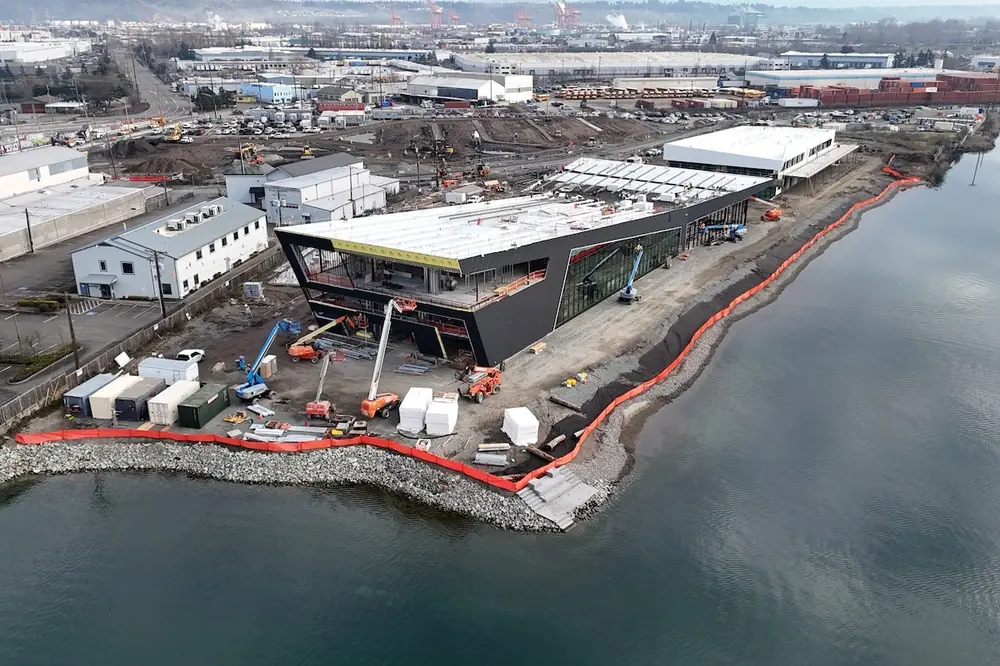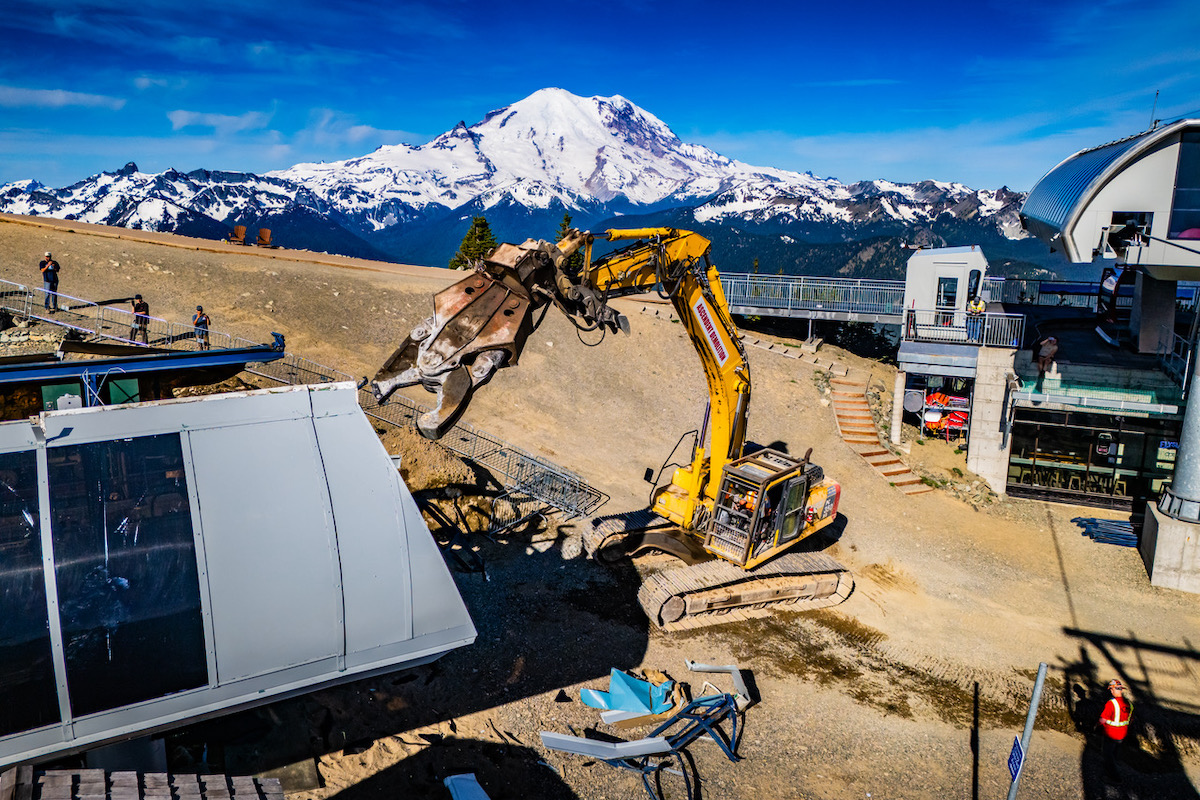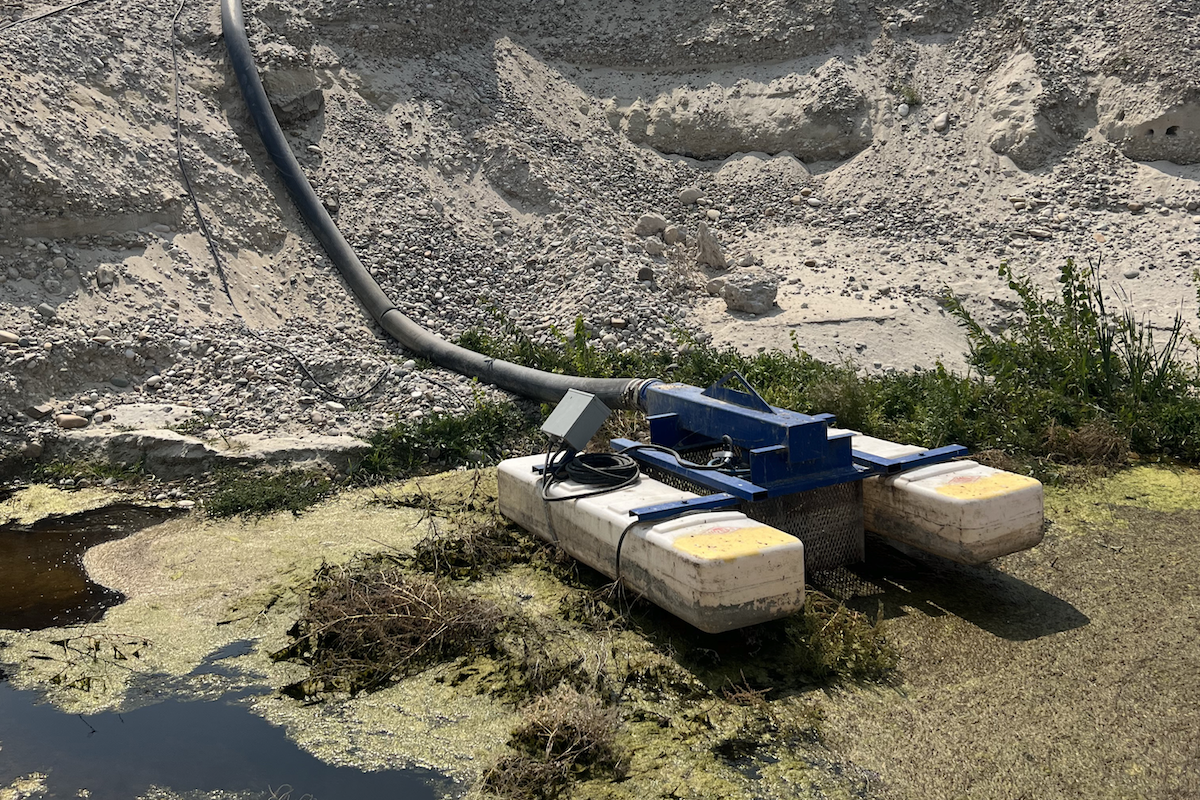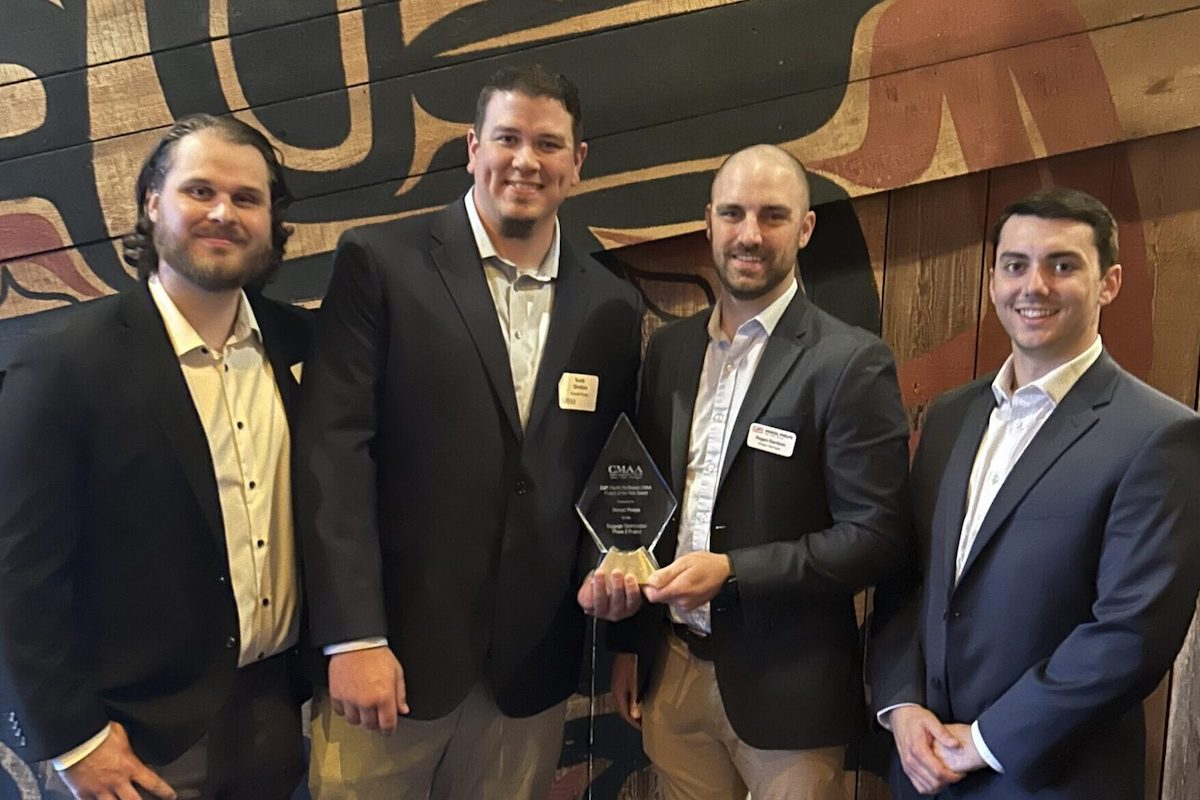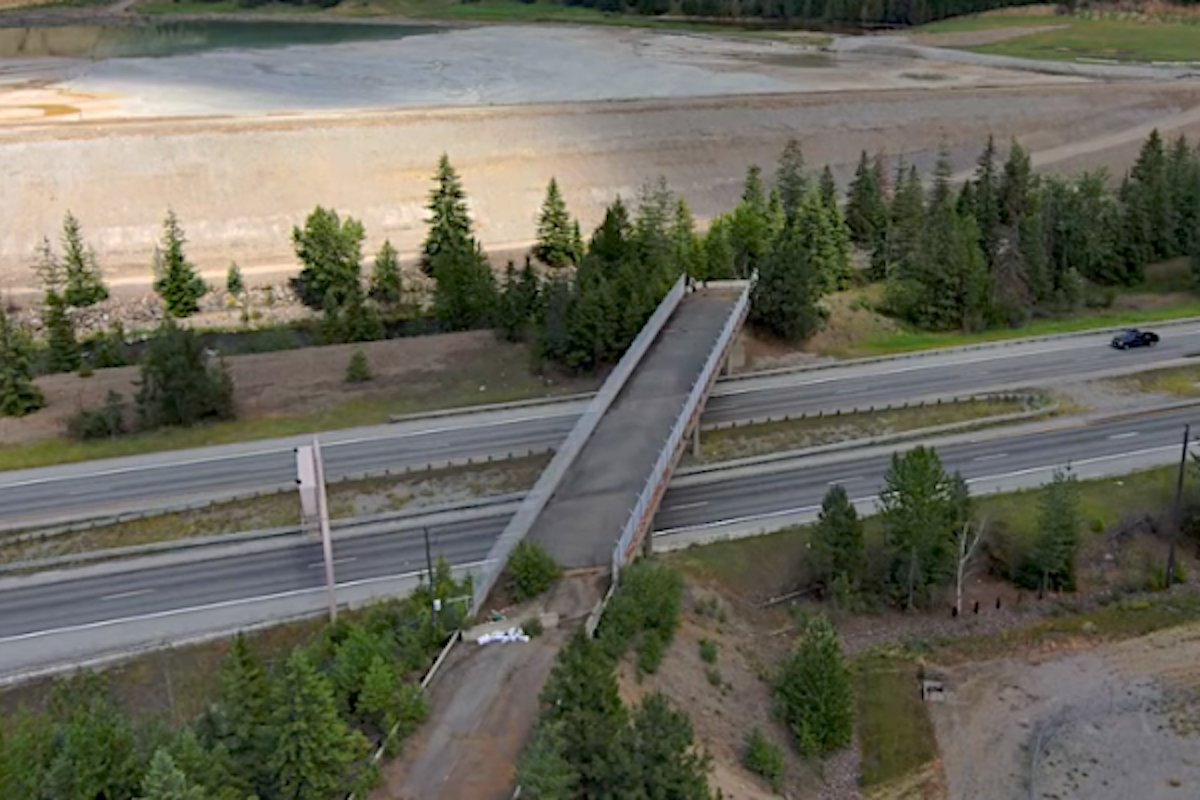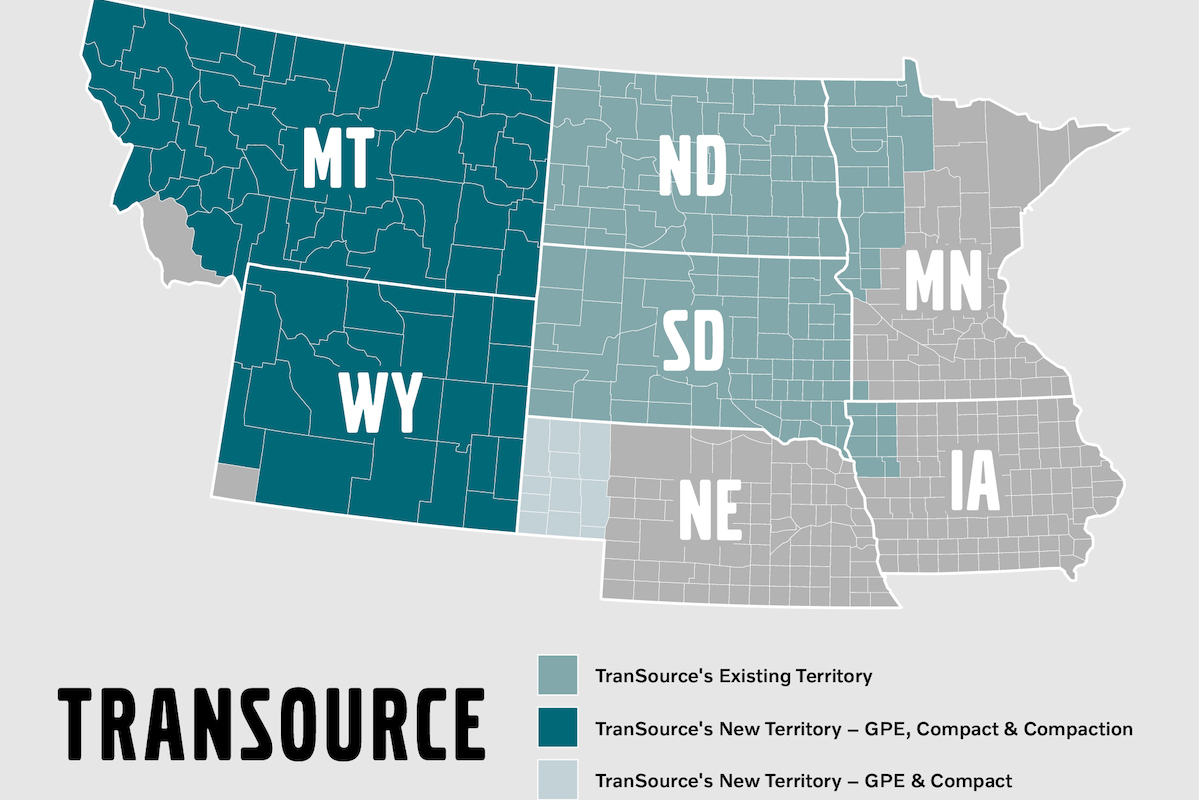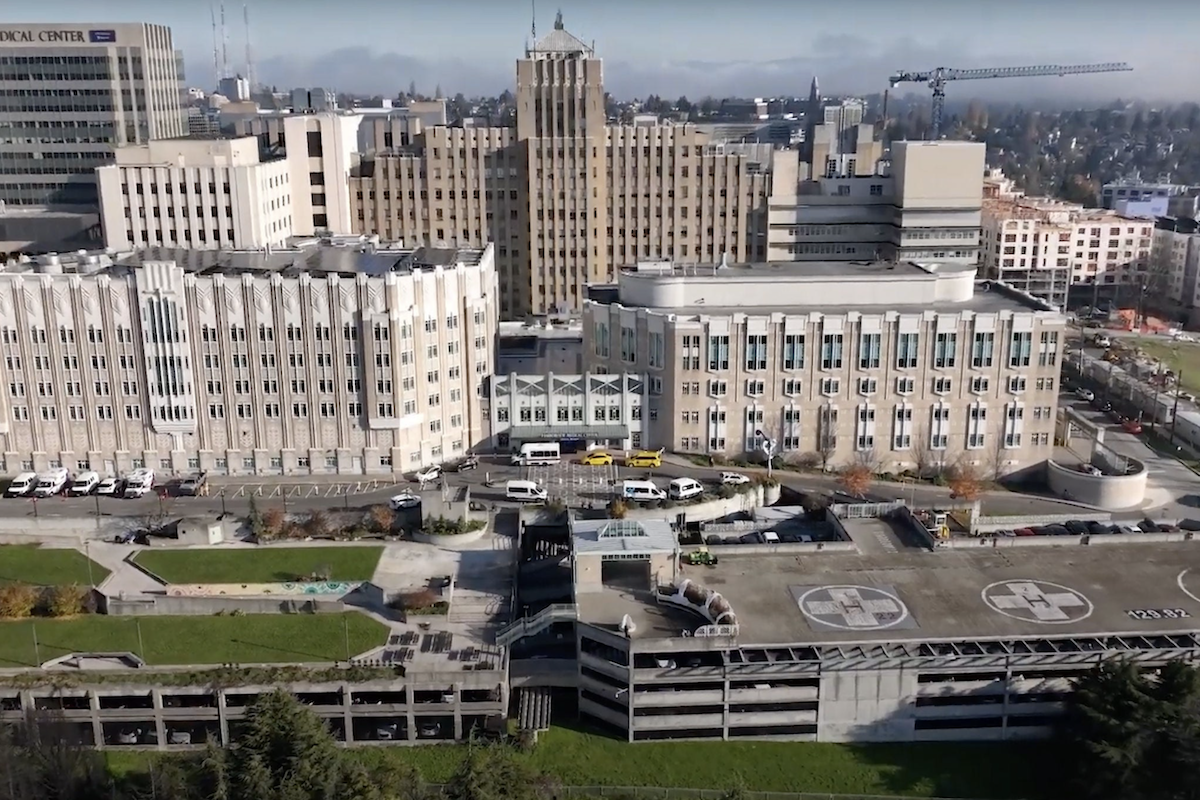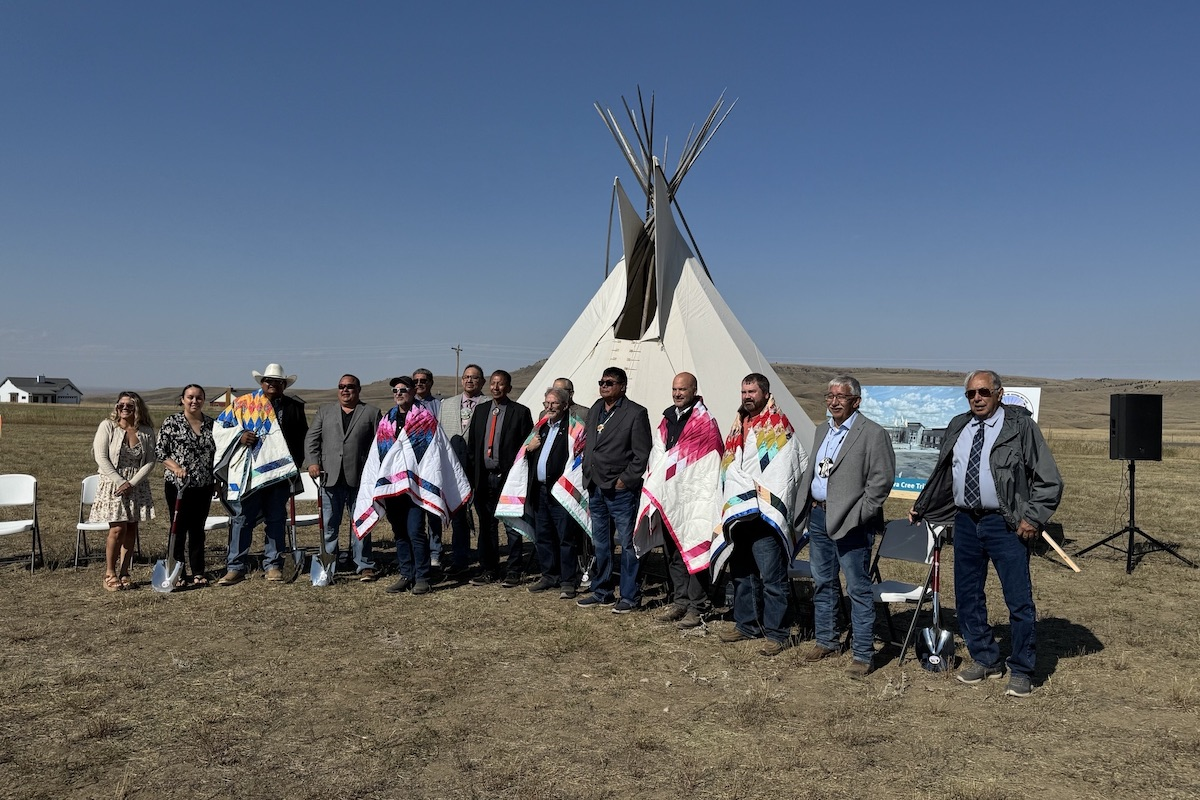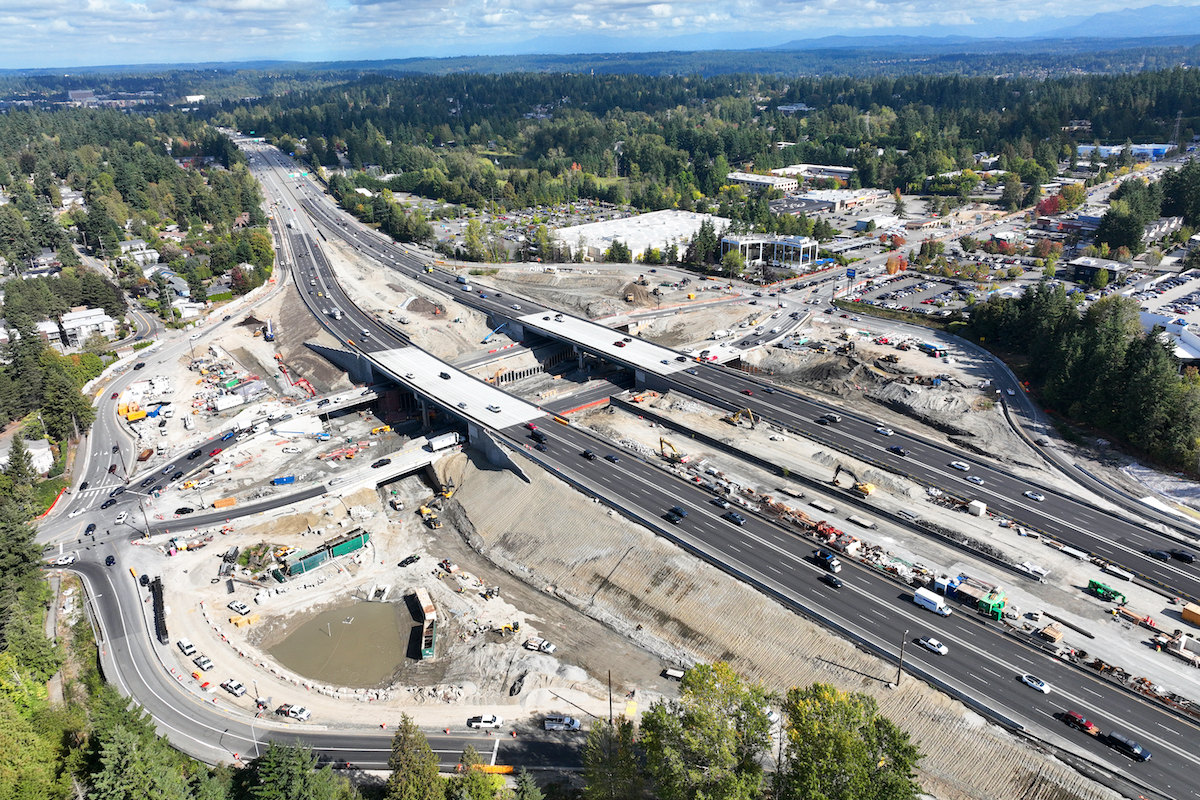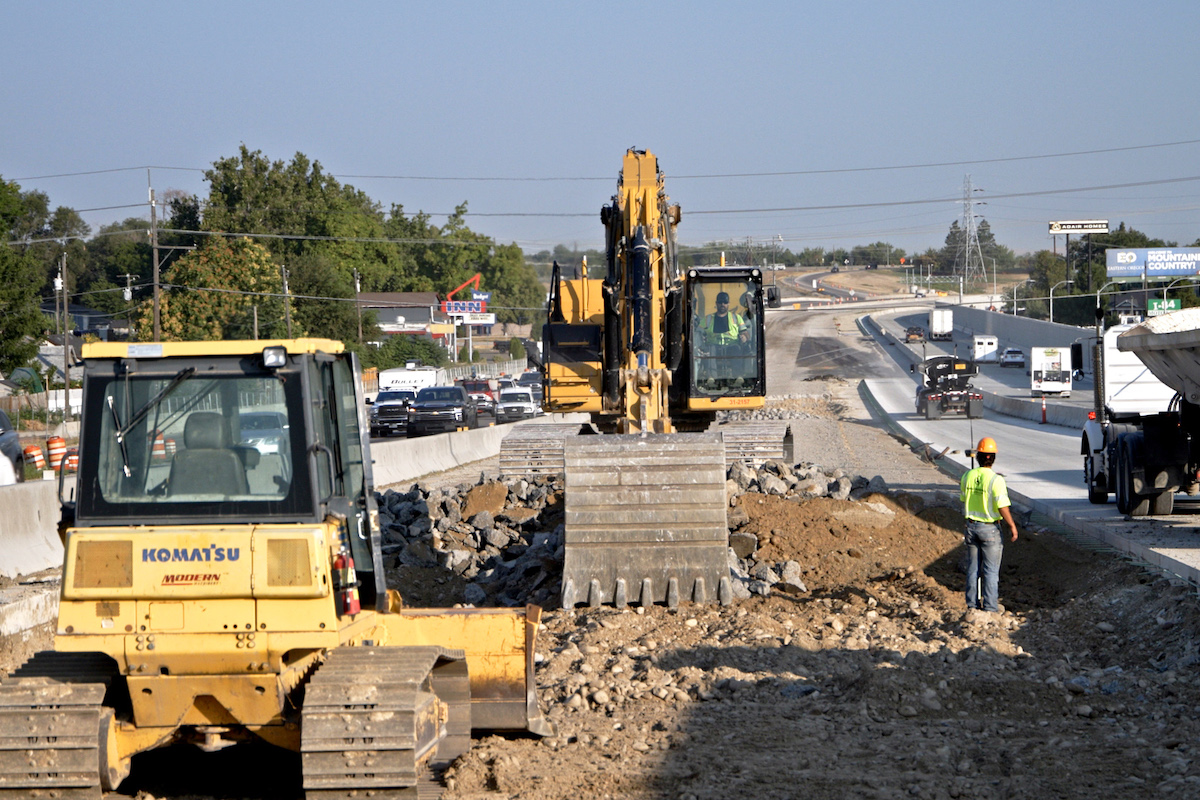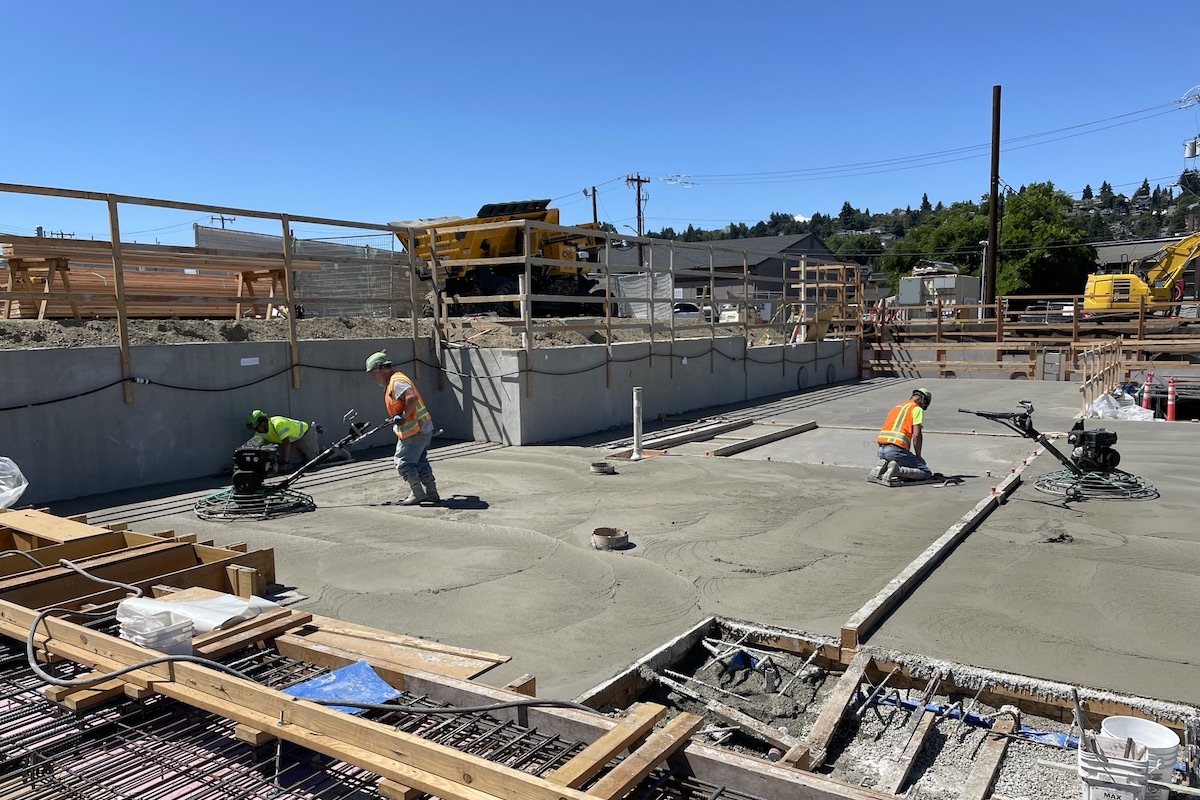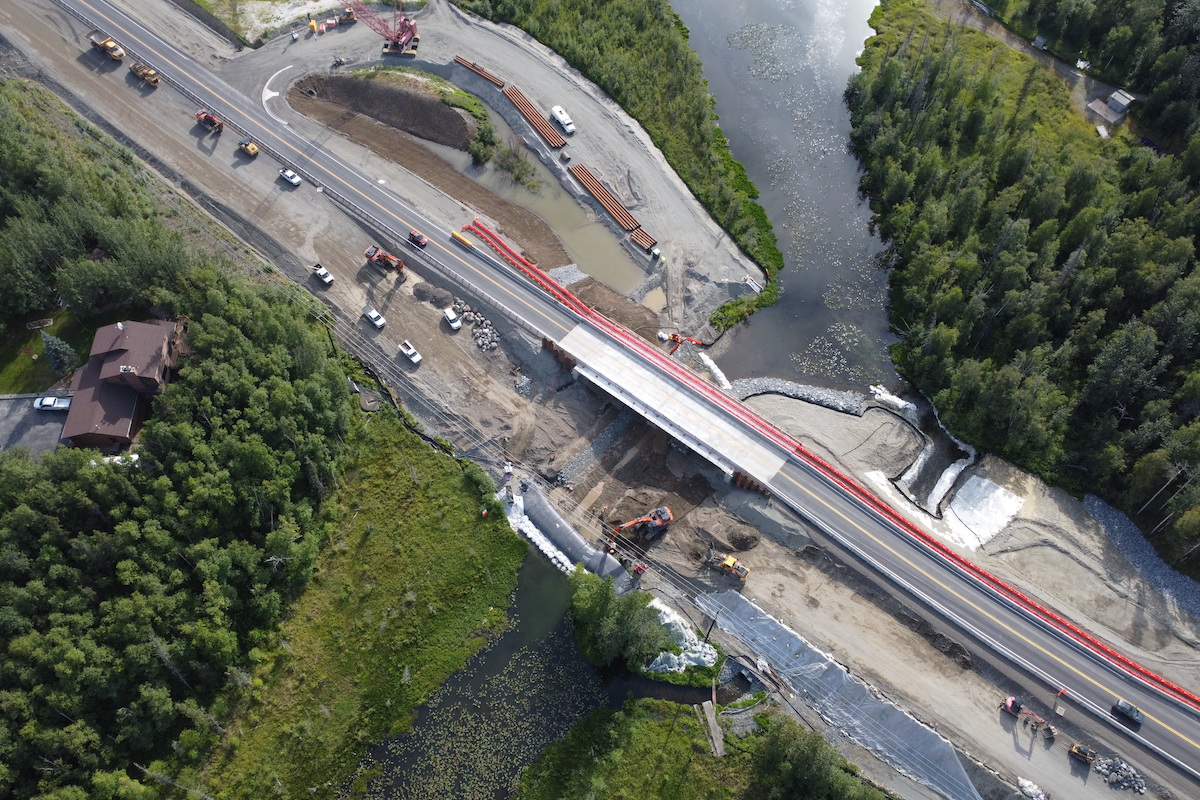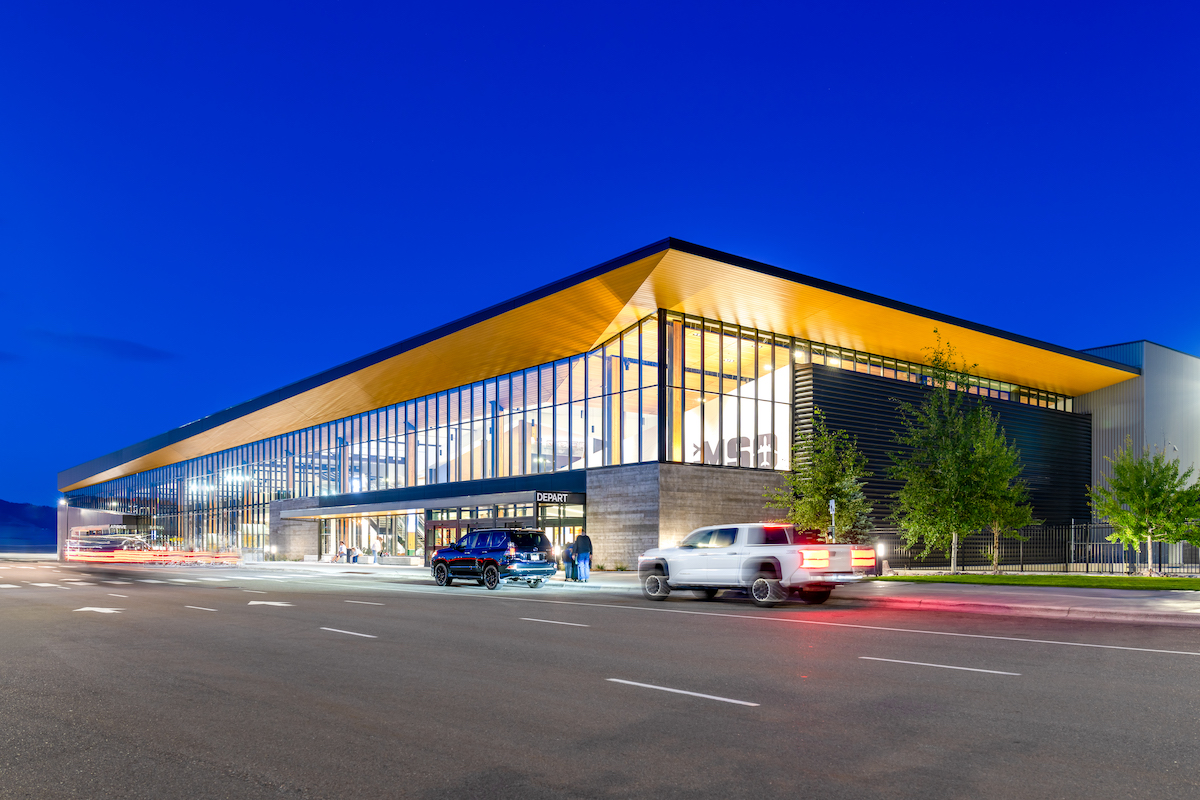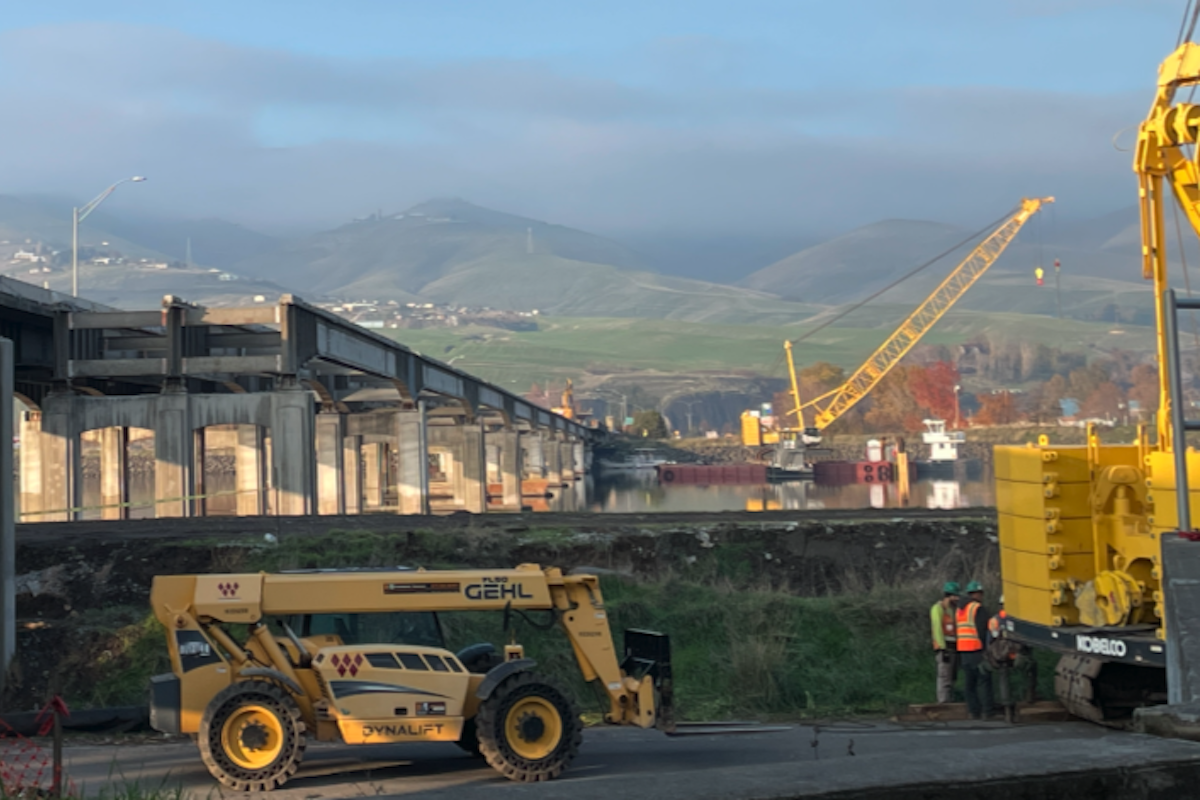The
U.S. Department of Transportation’s
Federal Highway Administration (FHWA) announces the allocation of $61 billion in Fiscal Year 2024 apportionments for 12 formula programs. These programs are designed to support investments in critical infrastructure, including roads, bridges, tunnels, carbon emission reduction, safety improvements, and workforce development. The funds will be distributed to all 50 states, the District of Columbia, and Puerto Rico.
“Long-needed major improvements are coming to America’s network of roads, bridges, and highways,” said U.S. Transportation Secretary Pete Buttigieg. “Thanks to President Biden, we are proud to deliver funding to modernize roads and bridges across America — strengthening our supply chains, creating good-paying jobs, and connecting Americans to every corner of this country.”
The program funding is derived from the Bipartisan Infrastructure Law, which represents the most significant dedicated investment in U.S. transportation infrastructure since the construction of the Interstate Highway System in the 1950s and 1960s. The $61 billion allocated for Fiscal Year 2024 is the third year of funding under this law, marking an increase of $17.6 billion in formula programs compared to Fiscal Year 2021, the year preceding the law's implementation. These funds are distributed annually by FHWA based on congressionally mandated formulas.
The $61 billion in funding will be allocated to the following 12 programs:
National Highway Performance Program ($29.6B)
The National Highway Performance Program supports the National Highway System's condition and performance, the construction of new facilities, and the achievement of performance targets set in a state's asset management plan.
Surface Transportation Block Grant Program ($14.4B)
The Surface Transportation Block Grant program provides flexible funding for projects aimed at preserving and improving the conditions and performance of federal-aid highways, bridges, tunnels, pedestrian and bicycle infrastructure, and transit capital projects.
Bridge Formula Program ($5.3B)
The Bridge Formula Program finances the replacement, rehabilitation, preservation, protection, and construction of highway bridges, including Tribal transportation facility bridges and "off-system" bridges.
Highway Safety Improvement Program ($3.1B)
The Highway Safety Improvement Program focuses on reducing traffic fatalities and serious injuries on all public roads (including non-state-owned roads and roads on Tribal land) through data-driven, strategic safety improvements.
Congestion Mitigation and Air Quality (CMAQ) Improvement Program ($2.6B)
To help meet the requirements of the Clean Air Act, the CMAQ Improvement Program funds projects aimed at reducing traffic congestion and improving air quality, particularly in areas that do not meet national air quality standards.
Promoting Resilient Operations for Transformative, Efficient, and Cost-Saving Transportation (PROTECT) Formula Program ($1.5B)
The PROTECT Formula program addresses surface transportation resilience to natural hazards (including climate change, sea level rise, flooding, extreme weather events, and other natural disasters) by supporting planning activities, resilience improvements, community resilience, evacuation routes, and at-risk coastal infrastructure.
National Highway Freight Program ($1.4B)
The National Highway Freight Program enhances the efficient movement of freight on the National Highway Freight Network, which consists of the following components: The Primary Highway Freight System (PHFS), Critical Rural Freight Corridors, Critical Urban Freight Corridors, and portions of the Interstate System that are not part of the PHFS.
Carbon Reduction Program ($1.3B)
The Carbon Reduction Program provides formula funding for carbon reduction strategies and projects that reduce transportation emissions, including traffic management, public transportation, pedestrian facilities, alternative fuels, and port electrification.
National Electric Vehicle (EV) Infrastructure Formula Program ($885M)
The National EV Infrastructure Formula Program deploys EV charging infrastructure and establishes a national network to facilitate station data collection, access, and reliability. Program funding is eligible for the acquisition, installation, network connection, operation, and maintenance of EV charging stations, as well as long-term EV charging station data sharing.
Metropolitan Planning Program ($455.8M)
The Metropolitan Planning Program provides a framework for making transportation investment decisions in metropolitan areas. The program is overseen by both the FHWA and the Federal Transit Administration.
Appalachian Development Highway System Program ($246.3M)
The Appalachian Development Highway System Program provides funds to construct Appalachian corridor highways in 13 states (Alabama, Georgia, Kentucky, Maryland, Mississippi, New York, North Carolina, Ohio, Pennsylvania, South Carolina, Tennessee, Virginia, and West Virginia), promoting economic development in the region.
Railway-Highway Crossings Program ($245M)
The Railway-Highway Crossings Program enhances safety at public railway-highway grade crossings, reducing fatalities, injuries, and crashes. The program has been correlated with a significant decrease in fatalities at railway-highway grade crossings, with fatalities at these crossings decreasing by 32% from 2000 to 2019.
“These historic investments in American infrastructure give states the flexibility they need to determine how to allocate funds for a range of transportation projects such as improving safety for all road users, replacing aging bridges, and reducing carbon emissions,” said Federal Highway Administrator Shailen Bhatt. “This funding will allow states to continue the important work of President Biden’s Bipartisan Infrastructure Law that is making our infrastructure safer and more efficient for the millions of Americans who rely on it to get to school, work, and other important destinations every day.”




